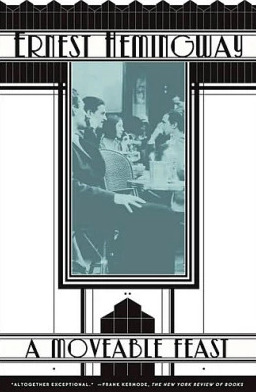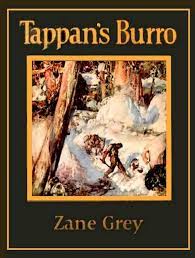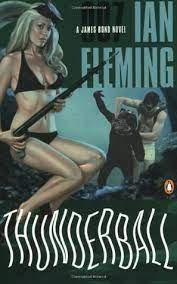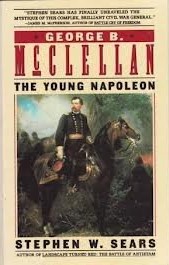Memory, like other intoxicants, has the power to delight, captivate, and leave a certain melancholy after the thrill goes away. That not-original notion came over me several times when reading A Moveable Feast, a collection of memories held dear by a famously unsentimental writer.
It must be said up front that of all Ernest Hemingway’s books, A Moveable Feast might be his most straight-up enjoyable. It combines his terse, declamatory style with a vibrant and at times colorful account of what it was like to live in Paris a century ago, when so much of our culture’s modern age was being formed.
Like In Our Time one of Hemingway’s most novelistic non-novels, A Moveable Feast’s narrative comes in the form of vignettes, each presenting a different aspect of the author’s time in Paris as a young writer. The end result is like popcorn to the Papa fan:

















































